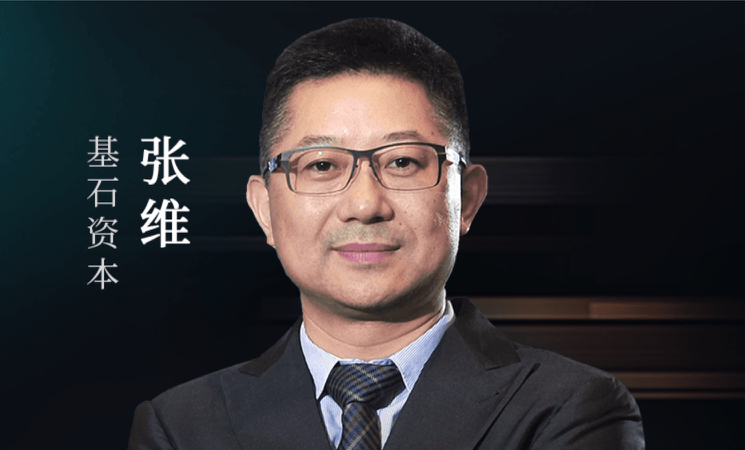

The priorities of Chinese overseas investment move to high-end manufacturing, finance and the real estates. On one hand, some private players have become more prominent than the state-owned ones in overseas investment.
READ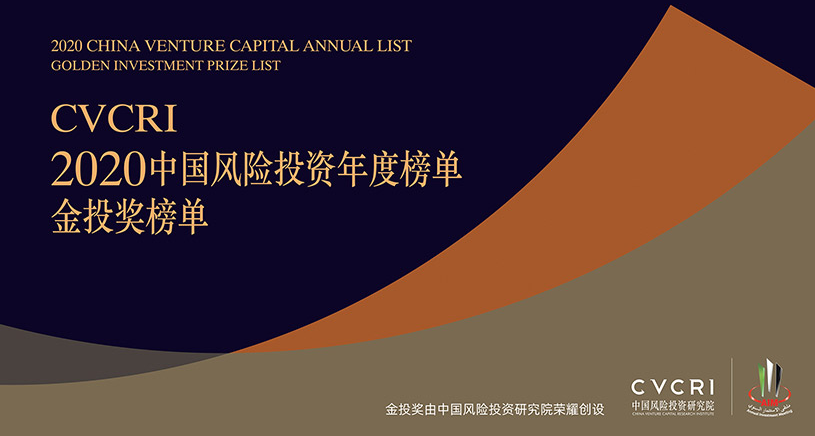
CoStone Chairman Zhang Wei was honored 2020 China’s Influential VC Investor Top10, and he was also invited to give a speech titled “Embracing Institutional Reform, Investing in China’s Hard & Core Technology”.
READ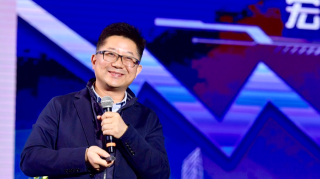

As for the mixed-ownership reform (MOR), Zhang Wei has set four personal investment creeds, including 1) don’t participate in the mixed-ownership reform of companies whose management does not hold shares, 2) don’t participate in the mixed-ownership reform of companies whose corporate governance has not been improved, 3) don’t participate in the mixed-ownership reform of companies with problems of domestic securitization, and 4) give priority to companies that have transferred the control. This is the 18th year that the investment team led by Zhang Wei has paid attention to the mixed-ownership reform of state-owned enterprises. The signals released during the two sessions in 2020 provide favorable policies for the further mixed-ownership reform of state-owned enterprises.
READ
CoStone Capital held big stakes in Asymchem, a leading global CDMO, based on our unique and comprehensive understanding on drug industry and CDMO. CoStone succeeded in gain 10 times of returns on investment after exiting it. Recently, Lin Ling, deputy chairman of CoStone Capital, shared the logic of investing in Asymchem and his insights on the “water-sellers” of the drug industry. He was convinced that CMO and CDMO in China were well-functioned high-speed trains which were ready to gather speed. Their growth rates hit 30% which were rarely seen.
READ
Seventy-five percent of the success of a project rely on post-investment management. Even though the importance of post-investment management has been universally acknowledged in the field, few is competent to apply. Therefore, funds should be well-positioned to create favorable conditions for enterprises.
READ
On November 8th in 2019, China Securities Regulatory Commission stated that it intended to revise refinancing rules such as Administrative Measures for the Issuance of Securities by Listed Companies, and Implementation Rules for the Non-public Issuance of Shares by Listed Companies, and solicit opinions from the public.
READ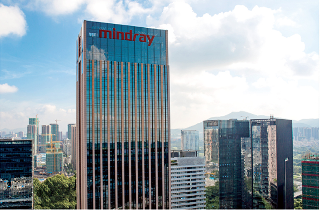
In 2016, Mindray (300760.SZ) delisted from the US and completed capital increase and share enlargement. At that time, its P/E was over 30 times, deterring many institutions. When Mindray’s founder Xu Hang decided to quit the US exchange market, he asked CoStone Capital Chairman Zhang Wei, “What is the expected rate of return on this investment in Mindray?” Zhang Wei replied that doubling in three years was a sure thing, who invested hundreds of millions of yuan in Mindray without hesitation.
READ
Zhang Wei indicated that OmniVision’s original and world-class technologies were the reason why CoStone would hold a large position in it. OmniVision was once the biggest supplier of Apple’s iPhone. It is still one of the top runners even if Sony has robbed Apple’s orders. Sony, Samsung and OmniVision are now the three most important gamers in high-end cameras whose technologies are far advanced than any other competitors in this circle. OmniVision has the most influential clients in the world. It will definitely be the best semiconductor company in China once it goes public in A share, and a rare bid.
READ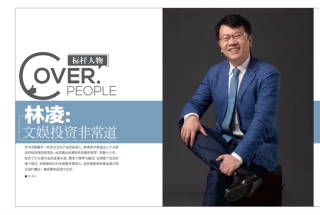
“New contents and forms of the M&E industry can find traces in the past. They are embodied by new ways of consumption through new media.”
READThe year 2019 marks the fortieth anniversary of China’s Reform &Opening-Up, once again, we meet at the turning point of history. What’s the next step for the game, is there any clear guidance? The answer is affirmative.
Our country is enjoying a good momentum of development, which does not come from the Washington Consensus nor the Beijing Consensus. China’s experience has proved that both the visible hand and the invisible hand are crucial: the visible hand, stands for the government-led reform, and would yield benefits for reform and opening up; the invisible hand, stands for the Marginal Power represented by the private sector, and would improve economic efficiency and tax collection, create jobs and employment opportunities.
Provided that we want to protect and expand the benefits form reform, three simple but mandatory agreements are to be made and followed: No.1 Private ownership must be recognized, protected and treated equally with public ownership constitutionally, both ownerships are scared and inviolable;No.2 Make further clarification of the principal position of market economy, “deepen economic system reform by centering on the decisive role of the market in allocating resources”, as President Xi addressed in the third Plenary Session of the 18th CPC Central Committee;No.3 Implement the guiding principles of “comprehensively promoting law-based governance” of the fourth plenum. The rule of law is essential for economic growth, irreplaceable to protect private ownership, and necessary to encourage innovation and entrepreneurship.
Above are three rules for us to avoid falling into the Middle-income Trap. Assuming that we are breaking systematic barriers to private enterprises’ participation in market economy, and boosting innovation and entrepreneurship of our society, then we are heading towards a promoting direction. We are marching in the path of light, regardless of the ups and downs of Sino-US relationship, the drop in GDP growth rate, or the monetary policy.
These principals also apply on knowing how better to run a business: don’t be hedged by rules and regulations at the beginning, pay more attention to your survival, and you’ll learn more when you start your second business.
For many years, Huawei has been the only Chinese company on the list of the Top 50 R&D Spenders. Regardless of the economy and its income, what Huawei has been doing is investing in its future, dedicated to R&D, continuously and resolutely. This provisional work underscores Huawei’s accomplishments, making Huawei anindustry leader.
So, there are standard answers on how to run a company,which could be summarized as concentration and professional dedication, continuous investment on innovation and trying harder in R&D. Entrepreneurship is also important, every single company needs entrepreneurs to push aside all obstacles and difficulties, to implement strategies and ideas. We, as investors, are destined to look for such outstanding entrepreneurs and their companies, invest in them and partner with them.
At this key point of history, a country, a company, or asingle individual, will all need to find the right path. Four decades after the Reform and Opening-up, it’s time to learn from our experience and stop “wadding across
